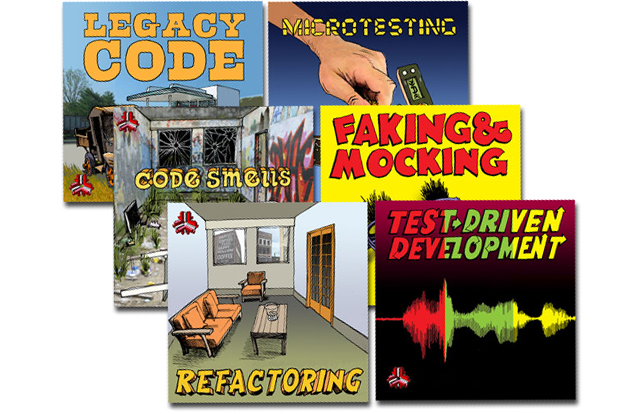Most organizations adopt agile today not because it will improve their efficiency or effectiveness but because not doing so is considered irrational or outside of norms.
The real problem being solved (or avoided) is that organizations that are traditionally very conservative must now be seen to “fail fast, take risks, and innovate first” in order to compete for social and political resources.
One lens we can use to see this happening is the US stock market. Take, for instance, the rising valuations of tech companies such as Tesla, Facebook, etc. over the last decade. To compete in this market (often directly tied to executive compensation), organizations must find a way to be seen as innovative, adaptable, and Agile.
By adopting Agile forms (mostly in name only using models such as SAFe or Scrum), the organizations will look from the outside as if they are conforming to external expectations. This will solve the first external legitimacy problem, but at the expense of internal efficiency and effectiveness. Internally these same organizations are made up of structures that reinforce conservative decision-making and risk avoidance.
When Internal legitimacy and external legitimacy no longer match, people are forced to find a way to appease two conflicting masters.
Without providing internal legitimacy for innovative risk (Psychological Safety, safe to fail, etc.), any form of Agile (or Lean, or TQM, etc.) will be adopted in name only. The tools available will be used only superficially and not adapted to their specific environment. Research shows that this consistently causes greater inefficiency and ineffectiveness.
To actually see effectiveness and efficiency gains, you must first solve the underlying conflict of (internal and external) legitimacy.
If you solve this underlying problem, Agile (or Lean, or TQM, etc.) will provide a structure within which an organization can adapt to their context and see real efficiency and effectiveness innovations.
Without solving it, any “transformation” is doomed to failure before it starts.




